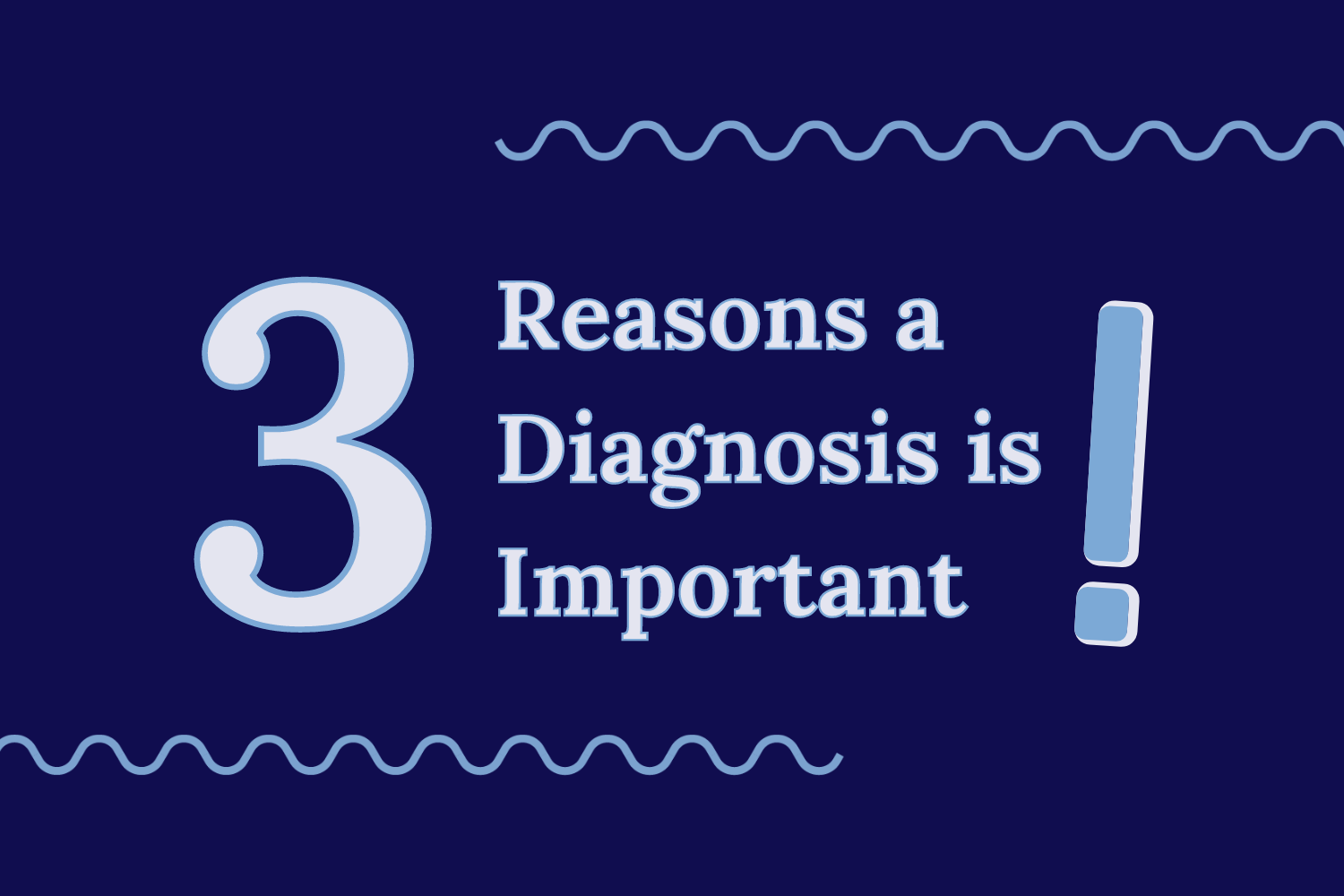In my previous blog post, I explained how relying on a diagnosis can be a harmful approach when creating activities and experiences intended for participation. While we should not be using a diagnosis as permission for access to our society’s activities and experiences, a diagnosis holds significant meaning to understanding personal experience in a society that holds a healthy abled body as the standard.
For persons with disabilities, relying on a diagnosis holds a different meaning. While there are elements of relying on it to obtain access to society due to their approach to accessibility, getting a diagnosis can provide answers to their thoughts and feelings, especially if it has been a long time coming searching for the answer. Below are a few reasons why the diagnosis is crucial for a person with disabilities.
Access To Society
It is not just accessing a society that relies on a diagnosis. Getting a diagnosis means that persons with disabilities are able to gain the knowledge, tools, and skills that gives you the ability to make decisions knowing your boundaries, energy levels, and abilities. It provides the answer of what the limitations may be and persons with disabilities can actively seek out solutions that work for them to access their needs and wants in their community.
Not Feeling Crazy
The process of obtaining a diagnosis varies across different disabilities. The process becomes more complicated if a person has another identity that experiences barriers. For those whose diagnosis is complex whether it is all the tests, the healthcare access barrier, or both, the dragged out process can make a person feel crazy for their experiences. Having an answer to validate and align with the experiences can restart the journey of being confident with their intuition and learn how to adapt with their newfound answer.
A Sense of Direction
A diagnosis means that persons with disabilities now have a sense of direction. Whether it is good news or bad news to them, it is an answer that can give people the guidance to make the next decision that is best for them. There is a sense of calmness with an answer. It feeds the desire to be informed about personal experiences of our bodies to have the confidence about the next steps of the journey. It can be a path to a higher quality of life with the ability to be aware of the barriers, access the tools and resources, and feel like it is tangible to explain.
_
Obtaining and having that diagnosis can vary in the importance depending on persons with disabilities’ experiences and where they may be on their journey. While it is crucial to the internal emotions of feeling scared, frustrated, and stressed about what they may be experiencing, it should not be a requirement to receive access to basic needs, supports, community, and life experiences. Accessibility should be inclusive, no matter where you are in your journey to embracing and accepting your disability identity.

